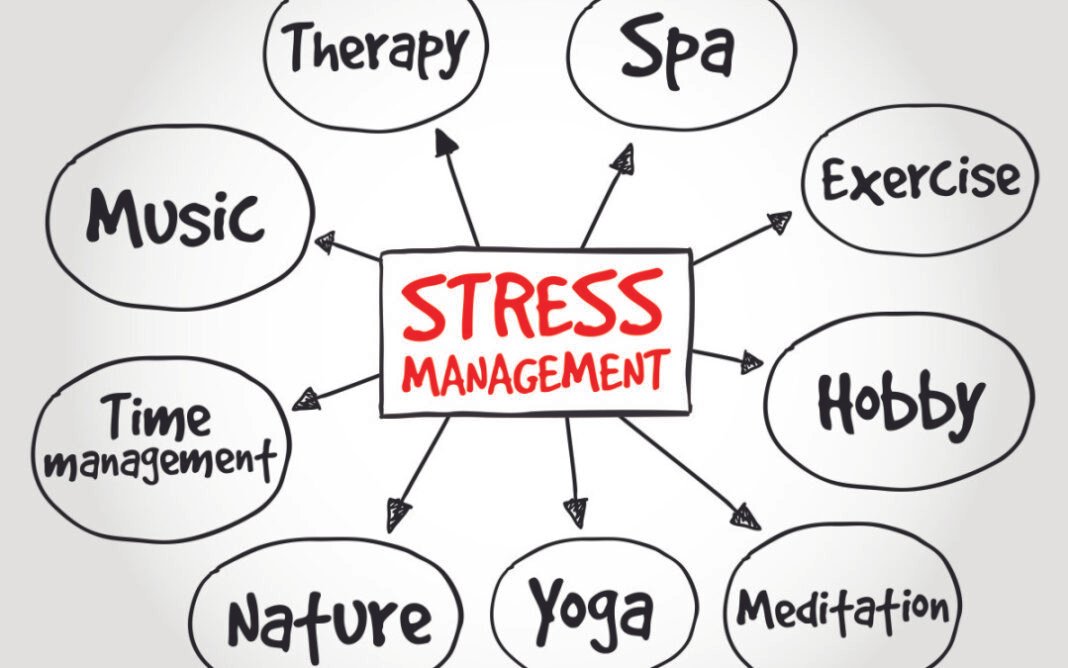In today’s fast-paced and demanding work environment, stress has become an almost inevitable part of our daily lives. The pressures of meeting deadlines, handling difficult tasks, and balancing personal and professional commitments can take a toll on our mental health. However, prioritizing mental wellness at work is crucial for both employees and employers. In this article, we will explore effective strategies for stress reduction in the workplace.
Promote a Supportive Work Culture
One of the most significant contributors to employee stress is a toxic work culture. Employers should foster an environment where employees feel valued and supported. This involves promoting open communication, active listening, and empathy. When employees know they can voice their concerns without fear of reprisal, it can reduce stress significantly.
Encourage Work-Life Balance
Excessive workload and long working hours can lead to burnout and chronic stress. Encourage employees to maintain a healthy work-life balance by offering flexible scheduling options, promoting the use of vacation days, and discouraging excessive overtime. When employees have time to recharge and attend to personal matters, they are better equipped to manage stress.
Provide Stress Management Resources
Employers can offer resources and programs to help employees manage stress effectively. This can include access to counseling services, mindfulness and meditation sessions, stress management workshops, and employee assistance programs. Providing these resources demonstrates a commitment to employee well-being and can improve overall mental health.
Set Clear Expectations and Goals
Uncertainty about job roles and expectations can lead to stress and anxiety. Employers should provide clear job descriptions, set realistic goals, and regularly communicate performance expectations. When employees have a clear understanding of their responsibilities, it can reduce feelings of overwhelm and stress.
Foster a Positive Work Environment
Creating a positive work environment can go a long way in reducing stress. Encourage team-building activities, recognize and reward achievements, and promote a sense of belonging among employees. When employees feel happy and appreciated at work, they are less likely to experience chronic stress.
Encourage Physical Activity
Regular physical activity is an effective way to reduce stress and improve overall mental well-being. Encourage employees to incorporate physical activity into their daily routines, whether through on-site fitness facilities, walking meetings, or gym memberships. Physical exercise releases endorphins, which are natural mood lifters.
Teach Stress-Reduction Techniques
Providing employees with tools to manage stress is essential. Consider offering workshops or training sessions on stress-reduction techniques such as deep breathing, progressive muscle relaxation, and mindfulness meditation. These techniques can help employees cope with stress in the moment and build resilience over time.
Implement Time Management Strategies
Poor time management can lead to excessive stress. Encourage employees to use time management techniques like prioritizing tasks, setting realistic deadlines, and breaking down large projects into smaller, manageable steps. Effective time management can reduce the pressure associated with tight schedules.
Promote Healthy Eating Habits
Nutrition plays a significant role in mental well-being. Encourage employees to make healthy food choices by providing nutritious options in the workplace, such as fresh fruits and vegetables. Avoid relying on vending machines stocked with sugary snacks and drinks. A balanced diet can improve mood and reduce stress.
Lead by Example
Leaders and managers should set an example when it comes to stress management. When employees see their superiors practicing self-care and effectively managing stress, they are more likely to follow suit. Managers should also be approachable and open to discussions about workplace stress.
Conclusion
Prioritizing mental wellness at work is not just a matter of employee well-being; it also benefits employers by increasing productivity, reducing turnover, and enhancing overall workplace morale. By promoting a supportive culture, encouraging work-life balance, and providing resources and tools for stress reduction, organizations can create a healthier and more productive work environment.

